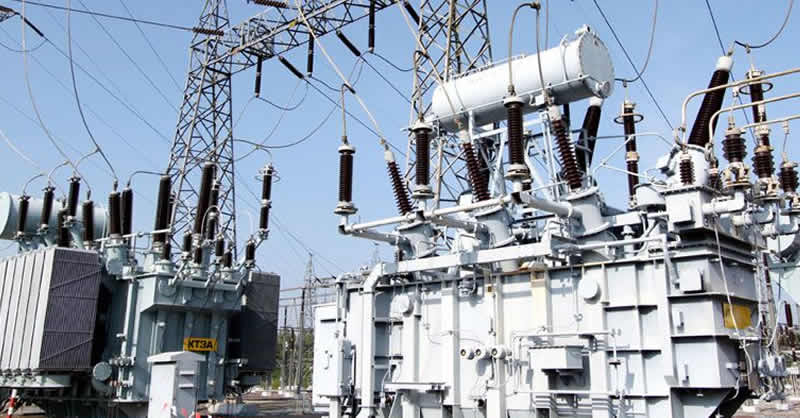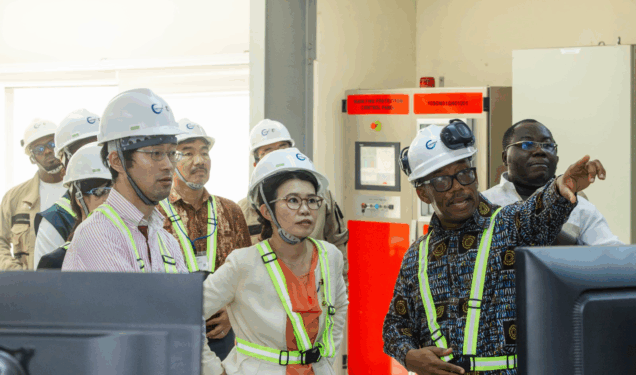The Parliamentary Select Committee on Mines and Energy has directed the Electricity Company of Ghana (ECG) to publish a load-shedding timetable in response to the ongoing power outages in the country. This decision comes after weeks of intensified power outages, prompting calls for transparency and better management of the energy crisis.
The committee’s intervention is aimed at helping citizens plan their lives amidst the power outages, emphasizing the importance of providing a timetable for load management.
“If there are power outages, those affected should know when it will be available, so they can plan their lives around the timetable provided by ECG. We will do everything in our power to monitor them and ensure that they deliver on their promises.”
Hon. Samuel Atta Akyea, Chairman of the Mines Energy Committee of Parliament
Hon. Samuel Atta Akyea, Chairman of the Mines Energy Committee of Parliament mentioned that some of the technical challenges relating to fuel and other issues may be tackled, and if there’s under generation, efforts will be made to generate enough power.
This directive by the committee comes in the wake of a recent statement by the Minister of Energy, Dr. Matthew Opoku Prempeh, who had previously expressed skepticism about the need for a load-shedding timetable, suggesting that those advocating for one should publish their own.
However, the committee’s decision underscored the importance of transparency and better management of the country’s energy crisis, especially in light of the ECG’s admission to facing challenges with power distribution.
The unreliable electricity supply has far-reaching impacts on various sectors of the Ghanaian economy and daily life, affecting healthcare, education, industrial processes, and the broader economic landscape.
The immediate effects of dumsor are felt in the industrial sector and small businesses, where frequent power outages disrupt manufacturing processes, leading to decreased productivity and increased costs. Many factories and workshops operate below capacity or incur additional expenses by running on generators.
For small businesses, especially those that are energy-dependent, this can be devastating, leading to closures and job losses. The unpredictable power supply also deter foreign investment, making Ghana less attractive to potential investors in industries that rely heavily on consistent electricity.
The ripple effects of dumsor extend to the cost of living for the average Ghanaian. The need for alternative power sources, such as generators and solar panels, comes with high initial costs and maintenance expenses.
For many households, this is an additional financial burden on top of the already high cost of living. Furthermore, businesses passing on the extra costs of running generators to consumers leads to increased prices for goods and services across the board.
Technical Challenges Related to Power Distribution

The Electricity Company of Ghana (ECG) and the Parliamentary Select Committee on Mines and Energy are addressing several technical challenges related to fuel and power distribution.
The ECG admitted to facing challenges due to fuel shortage, which is a critical component of power generation. This issue directly impacts the company’s ability to generate enough power to meet the demand, leading to frequent power outages.
The ECG also acknowledged facing challenges with power distribution across the country. This includes issues with the distribution infrastructure, which can lead to power outages in certain areas. The company has assured working to tackle these challenges to ensure a more reliable power supply.
The power sector in Ghana has experienced significant growth in demand, outpacing the supply. This has led to overloaded networks and obsolete plants, making power delivery difficult. There has been insufficient investment and expansion of the distribution infrastructure to match the load growth, contributing to the current challenges.
The committee’s intervention is part of a broader effort to address the energy crisis in Ghana, which has been characterized by frequent power outages and the notorious ‘dumsor’ phenomenon. The committee and the ECG are working together to address these technical challenges, with a focus on improving transparency, better planning, and ensuring a more reliable power supply for the citizens of Ghana.
READ ALSO: New ‘Multi-Power Discovery II’ to Boost the Mining Sector























